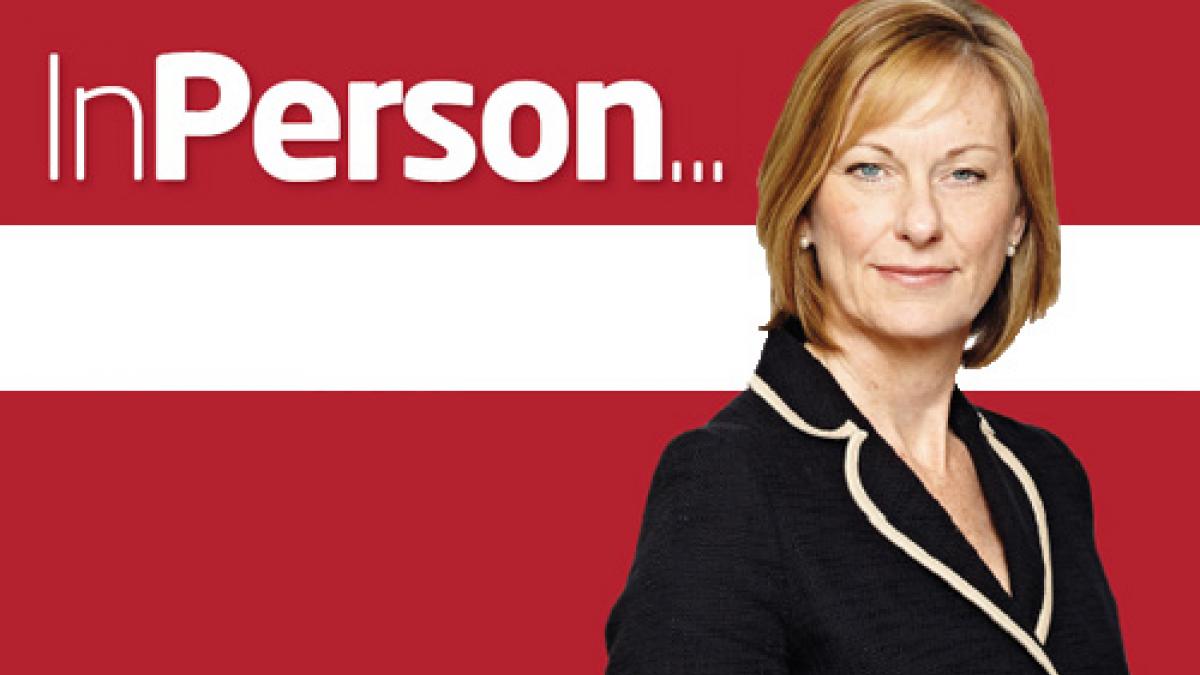Physios should be a lot more political, says CSP chief Karen Middleton.

I have had the privilege of working closely with and for many ministers and saw national politics ‘in action’ in the House of Commons and Lords when I worked for 10 years in the Department of Health. I’ve also experienced local politics when leading a service that worked across health and social care.
But being political – or politic – is a skill all of us need to develop as rounded clinical professionals wherever we work, but particularly as we move into leadership roles.
During the early 2000s, I was involved in running a number of workshops called positive political skills for allied health professionals (AHPs). Their objective was to enable AHPs to understand and develop political skills.
I had managed a community nursing service and observed how most of the nurses had developed a keen sense of how to be politic, almost to the point of it being an unconscious way of behaving.
My theory – with only a little evidence – was that nurses must have learned this skill early on, as a way to get things done through doctors. I presume they did this because, unlike physios, they don’t have the clinical autonomy we have.
I wondered if physios don’t necessarily develop those skills because, although we work with doctors, our autonomy gives us greater independence from them.
It fascinated me that we had to overcome considerable resistance from the AHPs there, who felt that being politic was somehow Machiavellian and manipulative.
While politic can translate into ‘crafty, cunning or sly’, it can also mean being ‘shrewd, astute, canny and wise’. Also ‘diplomatic’ and ‘prudent’. For me, the differentiation comes with your intention and the ability to maintain your integrity.
So, can you be both professional and politic? I believe not only that you can, but that you must, in the interests of patients and the public.
We know that physiotherapy helps people achieve their potential to maintain their health and wellbeing or recover from injury and disease.
But it also delivers for the tax payer and the healthcare system at large by reducing demand on over-stretched services.
We have a duty to remind the right people of this, to the very best of our ability. They include the decision-makers responsible for planning and purchasing healthcare, the workforce planners looking at numbers of student places to commission the following year, managers looking at service redesign, other clinicians who can provide third party endorsement and, of course, patients and the public. These last two have a growing voice in shaping healthcare. We, as a profession, under-utilise them in making the case that physio works.
Our very professionalism and focus on patient need often means we fail to look upwards and outwards to those we need to influence. Being politic is legitimate and we all need to make time for it. I can think of nothing better than the top tips given by Lesley Mercer, CSP’s director of employment relations and union services, at last year’s Physiotherapy UK (visit: www.csp.org.uk/physiotherapyuk). We could become invisible if we don’t take action, meaning patients and the public will miss out on what we can offer. Don’t let that happen – get small ‘p’ political.
It might also help negotiations over family Christmases! fl You can email Karen at: enquiries@csp.org.uk
Karen Middleton
Number of subscribers: 1




































